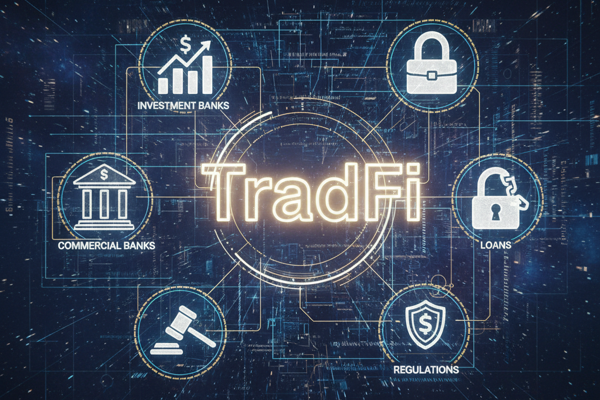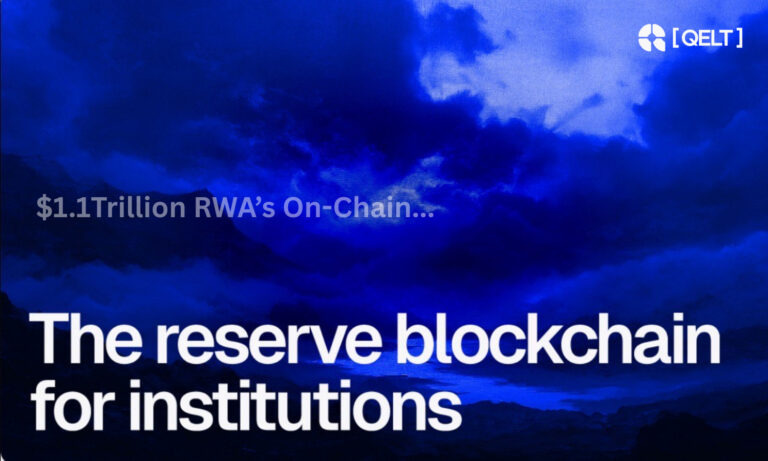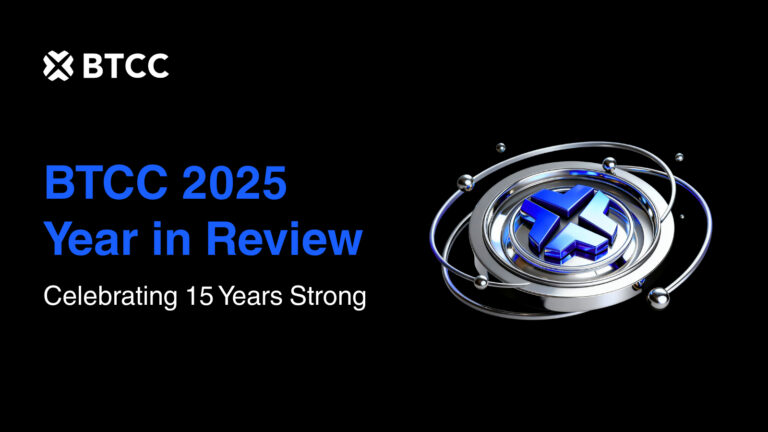Country Information
Extra Information
Website
Extra Links
Social Media & News
Ranking
Blockchain Overview
Category:
| Name | Category |
|---|
Frequently Asked Questions
Description
Disclaimer: The regulatory information provided below is for general informational purposes only and may not reflect the most current legal developments. Cryptocurrency regulations are rapidly evolving and can change frequently. This information should not be considered legal or tax advice. Before making any business or investment decisions, please consult with qualified legal, tax, or financial professionals familiar with your specific jurisdiction and circumstances. Always verify current regulations with official government sources and regulatory bodies.
Legal Classification & Regulatory Framework
Cryptocurrency Status
Bangladesh maintains one of the strictest positions on cryptocurrency globally. While no single law explicitly bans cryptocurrency ownership, the regulatory environment effectively prohibits cryptocurrency transactions and activities. Bangladesh Bank, the country’s central bank, has issued multiple cautionary notices warning that cryptocurrency transactions may violate existing financial regulations.
The regulatory stance is based on three key pieces of legislation: the Foreign Exchange Regulation Act of 1947, which governs currency transactions; the Money Laundering Prevention Act of 2012, which addresses illicit financial flows; and the Anti-Terrorism Act of 2009, which covers terrorism financing concerns. Under these frameworks, cryptocurrencies are not recognized as legal tender or authorized payment instruments.
Bangladesh Bank first issued warnings against Bitcoin in 2014, stating that anyone caught using virtual currency could face prosecution under anti-money laundering laws. The central bank reinforced this position with a formal cautionary notice in 2017, declaring cryptocurrency transactions unauthorized and potentially subject to penalties of up to twelve years imprisonment for money laundering violations.
The legal ambiguity stems from the fact that while ownership of cryptocurrency is not explicitly criminalized, any transaction, trading, or exchange activity is considered to violate existing financial regulations. This creates a complex legal environment where possession exists in a gray area while usage is effectively prohibited.
Tax Treatment
Bangladesh has not developed a specific tax regime for cryptocurrency transactions. The National Board of Revenue (NBR) has not issued dedicated guidelines or frameworks for taxing crypto holdings, trading profits, or mining activities. In the absence of specific cryptocurrency tax legislation, general tax laws theoretically apply to any gains derived from crypto activities.
The Income Tax Ordinance of 1984 serves as the overarching framework that could be applied to cryptocurrency-related income. However, given that cryptocurrency transactions are effectively prohibited, the practical implementation of taxation remains unclear. There are no established protocols for declaring cryptocurrency holdings or reporting crypto-related income on tax returns.
For individuals or businesses who may have exposure to cryptocurrency despite the restrictions, there is significant regulatory uncertainty regarding tax obligations. The absence of clear guidance creates challenges for taxpayers seeking to comply with tax laws while navigating the prohibited nature of crypto activities. Professional tax advice is essential for anyone in this situation, though the fundamental prohibition on crypto transactions remains the primary consideration.
Regulatory Oversight
Bangladesh Bank serves as the primary regulatory authority concerning cryptocurrency matters. As the central bank, it has issued all major policy statements and warnings regarding virtual currencies. The bank’s position is that cryptocurrency transactions are not authorized under current financial regulations and pose risks to financial stability, consumer protection, and national security.
The Bangladesh Financial Intelligence Unit (BFIU), operating as a department of Bangladesh Bank, monitors potential money laundering and terrorist financing risks associated with cryptocurrency. The BFIU is responsible for analyzing suspicious transaction reports and coordinating with law enforcement agencies regarding potential crypto-related financial crimes.
The Ministry of Finance influences broader financial policy and has the authority to shape future cryptocurrency legislation should the government’s position evolve. The Criminal Investigation Department (CID) of the police handles enforcement actions and investigates cases involving alleged cryptocurrency violations.
The National Board of Revenue maintains authority over tax matters, though it has not issued specific cryptocurrency tax guidelines. The Bangladesh Computer Council (BCC), while not a financial regulator, plays a role in technology policy and released the National Blockchain Strategy in 2020, which recognizes blockchain technology’s importance while maintaining the prohibition on cryptocurrencies.
There are no registration requirements for cryptocurrency businesses in Bangladesh because such operations are not permitted under current regulations. No licensing framework exists for exchanges, wallet providers, or other crypto service providers. Operating such platforms would be prosecuted under existing finance and anti-money laundering laws.
Business Environment
Banking Relationships
Traditional banks in Bangladesh do not provide services to cryptocurrency businesses or facilitate crypto-related transactions. The banking sector operates under strict guidance from Bangladesh Bank, which has made clear that cryptocurrency activities are not authorized. Banks are prohibited from opening accounts for crypto exchanges, processing payments related to cryptocurrency trading, or facilitating any transactions involving virtual currencies.
Financial institutions face regulatory scrutiny and potential penalties for any involvement with cryptocurrency activities. This creates an environment where individuals or businesses cannot openly use banking services for crypto-related purposes. The prohibition extends to both domestic and international cryptocurrency transactions facilitated through the banking system.
Some individuals circumvent banking restrictions through peer-to-peer networks, using cash transactions with local agents, or employing international credit cards denominated in foreign currencies. However, these methods operate in a legal gray area and carry significant compliance risks. Banks can track foreign currency transactions, potentially identifying individuals involved in cryptocurrency activities.
Licensing Requirements
Bangladesh does not offer any licensing pathway for cryptocurrency businesses. There is no regulatory framework under which crypto exchanges, wallet providers, payment processors, or other digital asset service providers can legally operate. Attempting to establish such businesses would violate existing financial regulations and subject operators to prosecution under anti-money laundering and foreign exchange laws.
The absence of a licensing regime reflects the government’s fundamental position against cryptocurrency activities rather than a gap in regulation awaiting development. Unlike some jurisdictions that are working toward regulatory frameworks for crypto businesses, Bangladesh has taken the position that such activities should not be permitted.
For blockchain technology applications that do not involve cryptocurrencies, there may be more flexibility. The National Blockchain Strategy recognizes legitimate uses of blockchain in government services, supply chain management, and digital identity systems. However, any implementation involving cryptocurrency tokens or speculative digital assets would not be permissible.
Innovation Support
Bangladesh has demonstrated a nuanced approach by embracing blockchain technology while maintaining restrictions on cryptocurrency. The National Blockchain Strategy, released in 2020 under the guidance of the Bangladesh Computer Council, recognizes blockchain as crucial for the country’s digital transformation. The strategy envisions blockchain applications in land records management, digital identity systems, e-governance, and various government sectors.
This creates an interesting dichotomy where the underlying technology is encouraged for legitimate applications while its use for cryptocurrency remains prohibited. The government has shown interest in exploring blockchain for improving transparency, reducing corruption, and enhancing efficiency in public sector operations.
Bangladesh Bank has also begun exploring the development of a Central Bank Digital Currency (CBDC). This indicates openness to digital currency concepts when under centralized government control, contrasting with the prohibition on decentralized cryptocurrencies. The CBDC exploration represents an attempt to modernize payment systems while maintaining monetary sovereignty and regulatory oversight.
The government has established regulatory sandboxes for fintech innovation, though these do not extend to cryptocurrency businesses. These sandboxes allow testing of digital financial services, mobile banking, and other innovations within a controlled environment. However, any fintech applications involving cryptocurrency would remain outside the scope of permissible experimentation.
Market Characteristics
Adoption Patterns
Despite the regulatory prohibition, Bangladesh has witnessed significant underground cryptocurrency adoption. Reports indicate over 600,000 Bangladeshi users access international platforms like Binance and other exchanges, revealing a substantial disconnect between official policy and actual usage. The country has ranked notably high in global cryptocurrency adoption indices, particularly in peer-to-peer trading activity.
The underground market operates primarily through decentralized peer-to-peer networks that are difficult for authorities to monitor and control. Local agents scattered across the country facilitate cryptocurrency transactions, buying and selling Bitcoin, Tether (USDT), and other digital assets in exchange for Bangladeshi Taka. These intermediaries charge commissions on transactions, creating an informal but active market.
Institutional adoption is virtually non-existent given the legal restrictions. Businesses cannot openly integrate cryptocurrency payment systems or hold digital assets on corporate balance sheets. The adoption that exists is primarily retail-driven, with individuals using cryptocurrency for various purposes, including international remittances, investment speculation, and cross-border transactions.
The cryptocurrency user base tends to be tech-savvy youth and entrepreneurs who view digital assets as tools for financial inclusion and wealth preservation in an environment with banking limitations. However, the underground nature of this adoption creates significant risks, including exposure to scams, Ponzi schemes, and a lack of consumer protection. The country has experienced high-profile cryptocurrency fraud cases that have reinforced regulators’ concerns.
Industry Focus
Given the prohibition on cryptocurrency businesses, there is no legitimate cryptocurrency industry operating in Bangladesh. The companies and services that exist operate outside legal frameworks, creating risks for both providers and users. International cryptocurrency exchanges accessible through the internet serve as the primary means for Bangladeshi users to access crypto markets.
Blockchain technology development presents more legitimate opportunities, particularly for applications in government services, supply chain transparency, and digital identity. Companies working on blockchain solutions that do not involve cryptocurrencies may find opportunities aligned with the National Blockchain Strategy’s objectives.
The remittance sector represents a significant potential use case for cryptocurrency in Bangladesh, as the country receives substantial inflows from overseas workers. However, the regulatory environment prevents the legal operation of cryptocurrency-based remittance services. Traditional banking and money transfer channels remain the only authorized methods for international fund transfers.
The enforcement challenges created by cryptocurrency’s decentralized nature mean that, despite regulatory prohibitions, peer-to-peer trading, small-scale mining operations, and crypto-related activities continue to exist in an underground economy. However, participants face legal uncertainty and potential prosecution.
Regulatory Evolution
Bangladesh’s regulatory approach has remained consistently restrictive since the initial warnings in 2014, with the stance hardening through formal declarations in 2017. However, there are indications that the topic remains under discussion among policymakers, academics, and industry observers who advocate for regulation rather than prohibition.
Some experts argue that sitting back and maintaining the prohibition is not sustainable given global cryptocurrency adoption trends. They suggest that Bangladesh should develop monitoring and regulatory frameworks that balance risk management with innovation support. However, these remain minority views, and official policy has not shifted toward a more accommodating stance.
The exploration of a Central Bank Digital Currency and the embrace of blockchain technology in the National Blockchain Strategy suggest that policymakers recognize the value of digital financial innovation. This could potentially create a foundation for future regulatory evolution, though any changes would likely prioritize government-controlled digital currencies over decentralized cryptocurrencies.
The practical reality of substantial underground cryptocurrency usage despite prohibitions may eventually force a policy reassessment. Enforcement limitations, the global nature of cryptocurrency networks, and the difficulty of preventing peer-to-peer transactions create pressure for alternative regulatory approaches. However, concerns about money laundering, capital flight, financial stability, and consumer protection continue to reinforce the cautious stance.
For investors and businesses considering cryptocurrency activities in Bangladesh, the current environment requires extreme caution. The legal risks are substantial, and there are no indicators of imminent regulatory liberalization. Any involvement with cryptocurrency should be approached with full awareness of the prohibition and consultation with qualified legal professionals regarding potential consequences.
For Current Information:
Bangladesh Bank (Central Bank)
Official Website: https://www.bb.org.bd/
The primary regulatory authority for monetary policy and financial regulations, including cryptocurrency warnings and policies.
Bangladesh Financial Intelligence Unit (BFIU)
Official Website: https://www.bfiu.org.bd/
The central agency responsible for combating money laundering and terrorist financing, including cryptocurrency-related activities.
Ministry of Finance
Official Website: https://mof.gov.bd/
Oversees fiscal policies and financial institutions in Bangladesh.
National Board of Revenue (NBR)
Official Website: https://nbr.gov.bd/
The apex authority for tax administration in Bangladesh.
Bangladesh Computer Council (BCC)
Official Website: https://bcc.gov.bd/
Responsible for ICT policy and the National Blockchain Strategy.
Country Map
Crypto and Blockchain Articles

How blockchain technology enhances fairness in online betting



What is Markets in Crypto-Assets Regulation (MiCA)?

What Is TradFi?




















